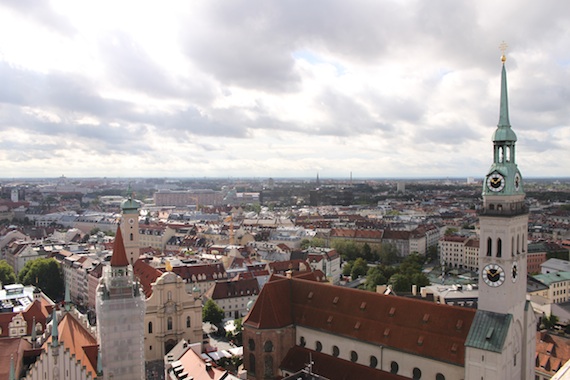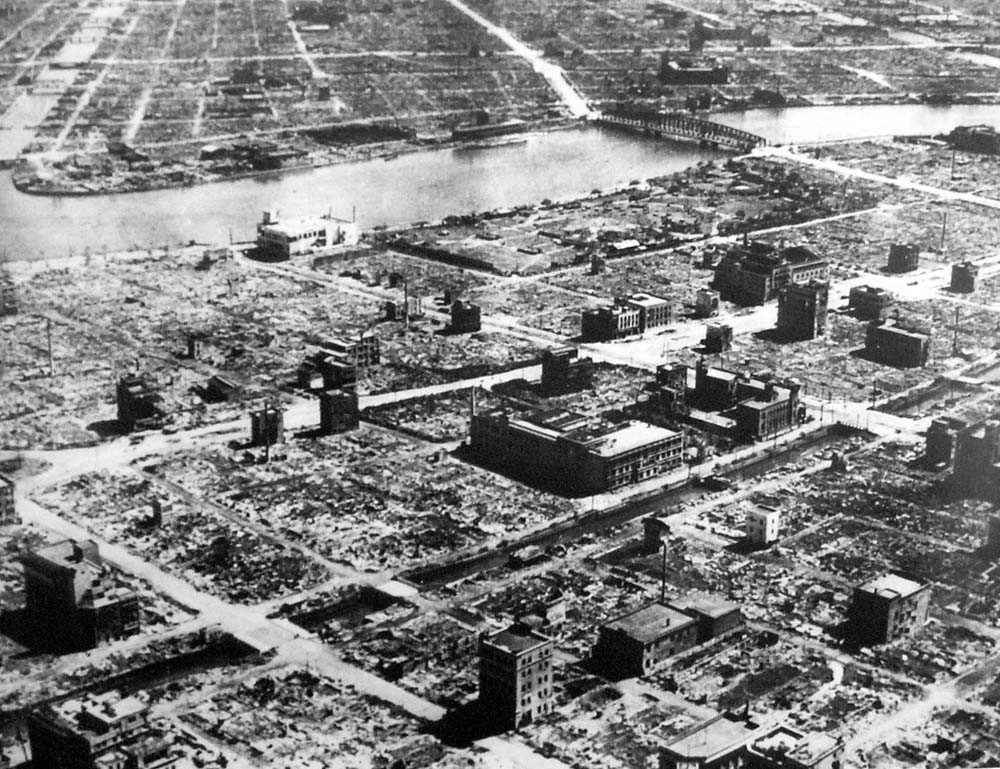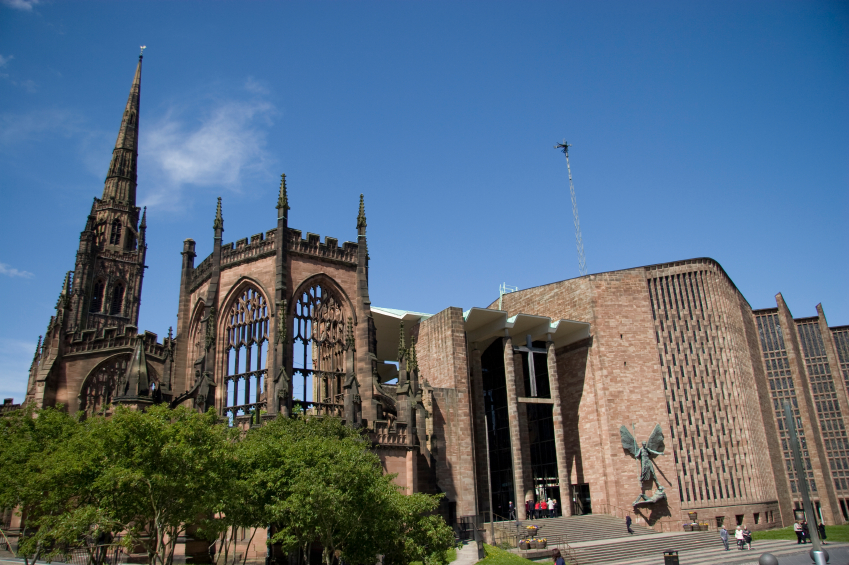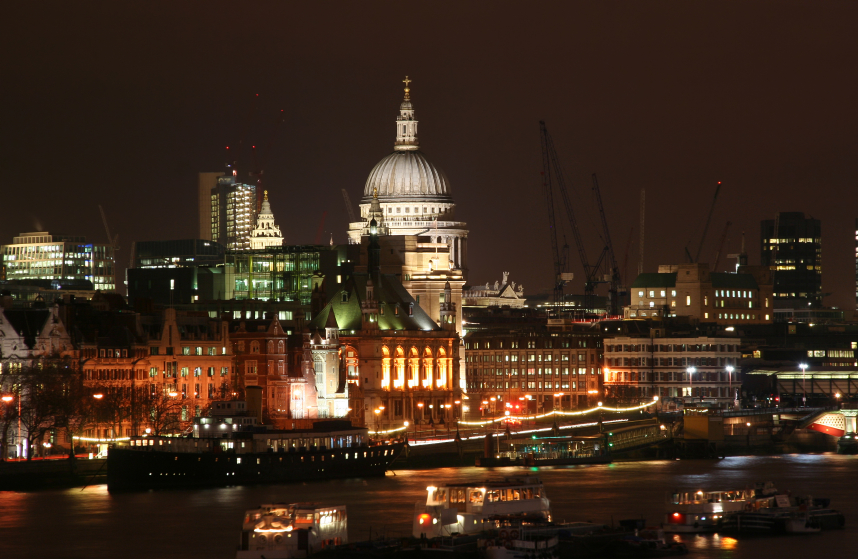
German civilians living in cities like this were now legitimate targets for the British
Seventy years ago this month the British took a decision which, just before the war, they would have considered against International Law – they decided that German civilians were a legitimate target for RAF Bomber Command.
An Air Ministry directive of February 1942 authorised this new and terrible destruction: ‘The primary objective of your [ie British bomber] operations should now be focused on the morale of the enemy civil population and in particular of the industrial workers.’ It was an instruction that would lead to the indiscriminate killing of women and children in attacks like the fire-bombing of Hamburg.
There isn’t space here to debate the morals or merits of this new development in British policy – one which was driven not by an ethical discussion but a practical one. The fact was that British bombers were too inaccurate to precision bomb military targets and so were now directed against cities instead.
I’m familiar with the arguments on both sides about the legitimacy of these attacks. I’ve met former bomber pilots, Germans who suffered at their hands and discussed all the relevant issues with expert academics in this field of study, like the brilliant Professor Tami Biddle. I know enough to know that the questions around the British decision are not simple ones. But, in essence, I guess what concerns me is the question of ‘proportionality’. If you feel under threat, is it OK to do anything to survive and beat the enemy? If we could only have destroyed Nazism by bombing every school and hospital and kindergarten in Germany and killing all their children would we have? But suppose we didn’t need to do that to survive, but by killing all their children we would shorten the war by six months and save thousands of our servicemen’s lives as a consequence. Should we have done that? Is there an equation here – say a thousand German children equal one British soldier?
That’s not so fanciful an argument. After all, Arthur ‘Bomber’ Harris, who took over RAF Bomber Command in spring 1942, said three years later at the height of the destruction of Germany: ‘I do not personally regard the whole of the remaining cities of Germany as worth the bones of one British Grenadier.’
Really, was he right?
 Twitter
Twitter








